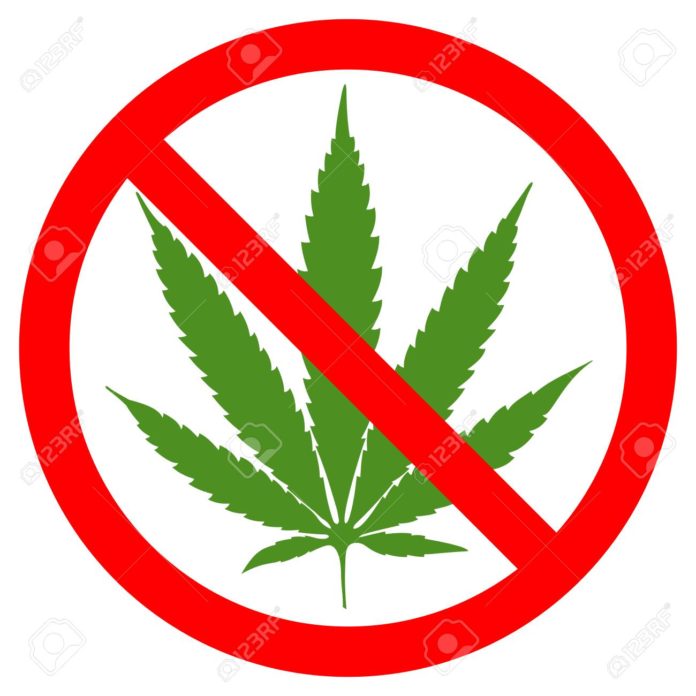WHAT: Experts will share their knowledge on adolescent substance use, specifically marijuana, and the adverse mental health effects children and teens may be experiencing by both smoking and vaping.
This educational virtual forum will help encourage students, parents and the public to prevent marijuana use and other drug use among youth. Experts will address the long-term consequences of marijuana use on adolescent brain development. Information and resources will be available on the current trends in substance use, support for healthy mental health and local prevention resources.
WHEN: Tuesday, March 23, 2021 from 6:00 to 7:30 p.m.
WHERE: Virtual forum held on Zoom. Register in advance for this webinar-
https://us02web.zoom.us/webinar/register/WN_I4dTlLHfS52HbcUXbtJsCw
WHO:
• Welcome from Dr. Jose Villarreal, Oceanside High School Principal
• Facilitated by students from Oceanside High School’s Be the Resistance Club
• Speakers include:
o Joe Eberstein, Program Manager with Marijuana Prevention Initiative
o Dr. Caroline DuPont, Vice President with Institute for Behavior and Health & Co-founder of the One Choice Initiative
Panelists: Q&A will be available. Spanish translation will be provided.
WHY:
• If teens do not use any one substance (alcohol, cigarettes or marijuana), they are much less likely to use the other two or to use other illegal drugs. The percentage of teens reporting no substance use has increased since 1976. (https://onechoiceprevention.org/).
• More than half of Oceanside 11th graders report NO use of any substance in their lifetime; however, 2019 was the first time more 11th graders reported using marijuana in the past 30 days than alcohol (OUSD CHKS, 2019).
• Daily marijuana use is perceived as less harmful than weekly binge drinking (66% great or moderate risk for daily marijuana use vs. 78% for binge drinking; 2019 OUSD CHKS).
• 47% of 11th graders believe marijuana and vaping devices are VERY easy to get, compared to 38% who believe alcohol is VERY easy to get (OUSD CHKS, 2019).
• Marijuana use directly affects the brain — specifically the parts of the brain responsible for memory, learning, attention, decision making, coordination, emotions and, reaction time. Developing brains, like those in babies, children and, teens are especially susceptible to the adverse effects of marijuana (https://www.cdc.gov/marijuana/fact-sheets.htm#2).
• Marijuana use has been linked to a range of mental health problems in teens such as depression or anxiety. Psychosis has also been seen in teens at higher risk like those with a family history (https://www.cdc.gov/marijuana/factsheets/teens.htm).
• Students who smoke marijuana may get lower grades and may be more likely to drop out of high school than their peers who do not use (https://www.cdc.gov/marijuana/factsheets/teens.htm).
• Substance abuse and problematic patterns of substance use among youth can lead to problems at school, cause or aggravate physical and mental health-related issues, promote poor peer relationships, cause motor-vehicle accidents, and place stress on the family. (https://youth.gov/youth-topics/substance-abuse).


















